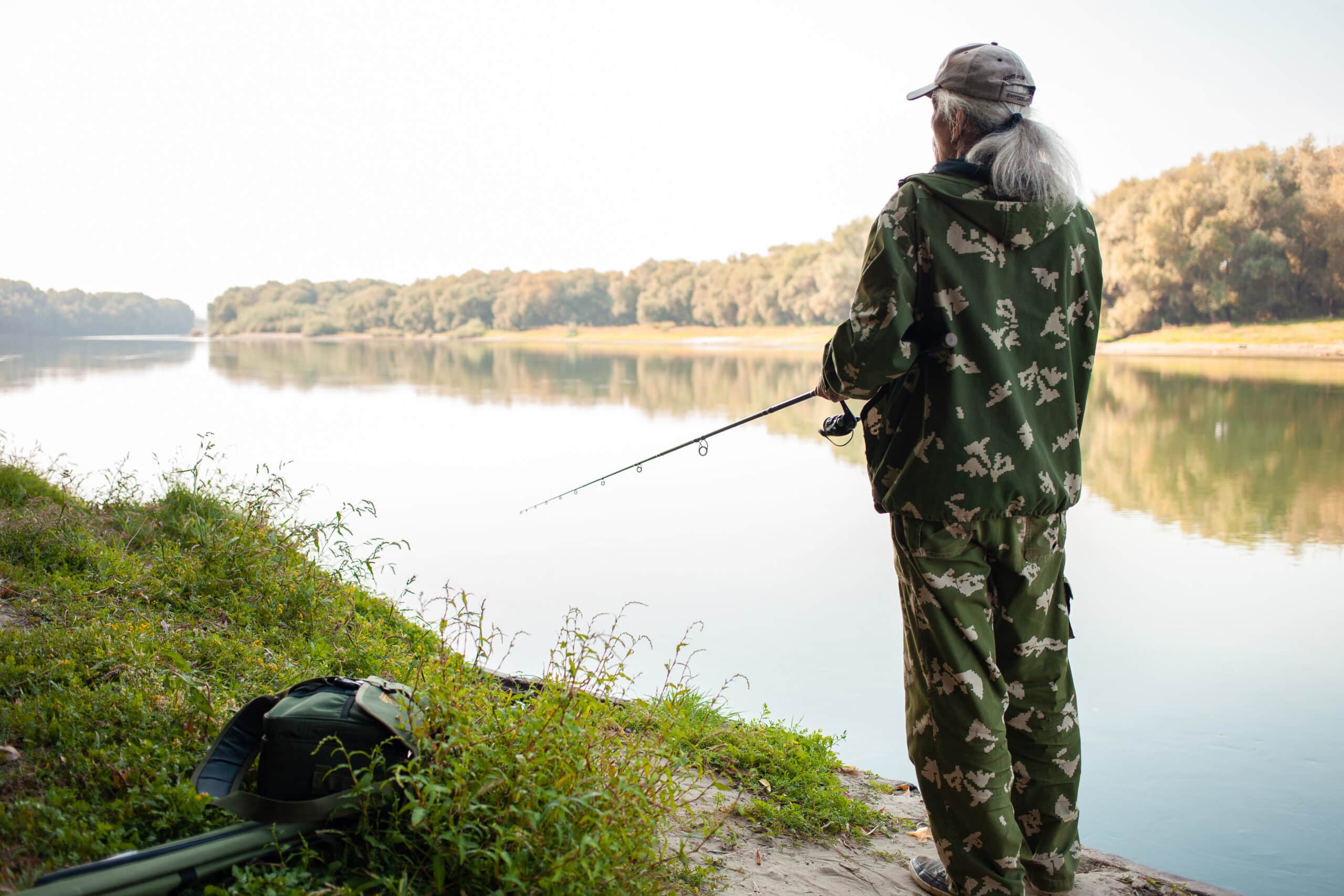What is the Best Barometric Pressure for Fishing?
Key Takeaways
- The optimal barometric pressure range for fishing is typically between 29.70 and 30.40 inches of mercury (inHg), as fish are more active and feeding is more aggressive within this range.
- Changes in barometric pressure can affect fish behavior, with rapidly rising or falling pressure causing discomfort and reducing feeding activity and movement.
- While barometric pressure is important, other factors such as water temperature, time of day, season, and fish species preferences also play a crucial role in fishing success.
Fishing enthusiasts often wonder what the best barometric pressure is for a successful fishing trip. While many factors can influence fishing conditions, barometric pressure is one that has a significant impact. In this article, we will explore the optimal barometric pressure range for fishing and its effects on fish behavior.
The Optimal Barometric Pressure Range
According to experts, the optimal barometric pressure range for fishing typically falls between 29.70 and 30.40 inches of mercury (inHg). Within this range, fish tend to be more active and feeding is often more aggressive. This pressure range is considered stable, indicating calm weather conditions.
During stable weather, fish are more likely to venture out of their hiding spots and actively search for food. They become less cautious and more prone to biting bait or lures. This is why many anglers prefer to fish when the barometric pressure is within this range.
The Effects of Barometric Pressure on Fish
Barometric pressure refers to the weight of the atmosphere pressing down on the Earth’s surface. Changes in barometric pressure can affect the behavior of fish, as they have a swim bladder that helps them regulate their buoyancy. The swim bladder is a gas-filled organ that allows fish to control their depth in the water column.
When the barometric pressure rises or falls rapidly, it can cause discomfort to fish due to the changes in pressure. This may lead to reduced feeding activity and a decrease in fish movement. Fish may seek shelter in deeper waters or become less active. On the other hand, when the barometric pressure remains stable, fish are more likely to be actively feeding and moving around.
Other Factors to Consider
While barometric pressure is an important factor to consider, it is not the sole determinant of fishing success. Other factors such as water temperature, time of day, season, and the type of fish being targeted also play a crucial role.
For example, different fish species have varying preferences when it comes to weather conditions. Some species are more active during low-pressure systems, while others prefer high-pressure systems. Additionally, certain fish species may be more active during specific times of the day or in different seasons.
Conclusion
While the optimal barometric pressure range for fishing falls between 29.70 and 30.40 inHg, it is important to remember that fishing success is influenced by various factors. Understanding the effects of barometric pressure on fish behavior can certainly improve your chances of a fruitful fishing outing. However, it is crucial to consider other factors such as water temperature, time of day, season, and the specific preferences of the fish species you are targeting.
Related Websites:
FAQs:
Q: What is the impact of fishing weather on fishing success?
Fishing weather greatly impacts fishing success. Understanding barometric pressure and its effect on fish behavior can significantly improve your chances of a successful fishing trip.
Q: How does barometric pressure affect fish behavior?
Changes in barometric pressure influence fish behavior. Understanding these changes can help you determine the best time and techniques for fishing.
Q: What are the benefits of fishing during high barometric pressure?
High barometric pressure usually leads to stable weather conditions, making it an ideal time for fishing. It offers challenges but also provides opportunities to catch fish using appropriate techniques.
Q: What are the advantages of fishing during low barometric pressure?
Low barometric pressure is often associated with unstable weather conditions, which can make fishing challenging. However, it may also present opportunities to catch more active fish that are seeking food.
Q: How can rapid barometric pressure changes affect fishing?
Rapid pressure changes can impact fish behavior, making them more or less active. Adapting your fishing strategies to these fluctuations can increase your chances of success.






